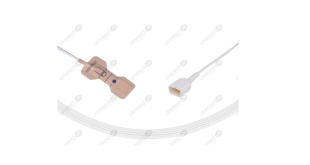Steel strings are the perfect guitar luthier’s tool, providing a bright, ringing sound with extended sustain. However, like any metal instrument, steel strings need to be treated properly in order to keep them sounding their best. Here are four tips for caring for acoustic steel strings:
- Avoid over-tightening the string nuts. Over-tightening can damage the string and cause it to sound dull. Instead, use a light touch when tightening the nuts.
- Don’t expose your strings to extreme temperatures or humidity. Exposure to excessive heat or moisture can cause the strings to rust and lose their resonance. Keep your strings stored in a cool, dry place when not in use.
- Always clean your strings before playing them. Use a mild soap and water solution to gently clean the strings and remove any residue from previous plays. Allow the strings to dry completely before re-playing them.
- Check your string gauge periodically and replace worn or damaged strings as needed. A too-small or too-large string gauge can cause your guitar to sound out of tune and diminish in quality.
Conclusion
Acoustic steel strings are specialty string made of metal alloy that is plucked by the player’s finger. They offer a different tone and feel than traditional nylon or gut strings, which makes them perfect for Classical and acoustic guitars. Acoustic steel strings also require less maintenance than other types of guitar strings, so they can last longer without having to be replaced as often. If you’re looking to upgrade your guitar or want to explore a new sound, acoustic steel strings might be the right string for you.
 Pagalsogns.me
Pagalsogns.me




